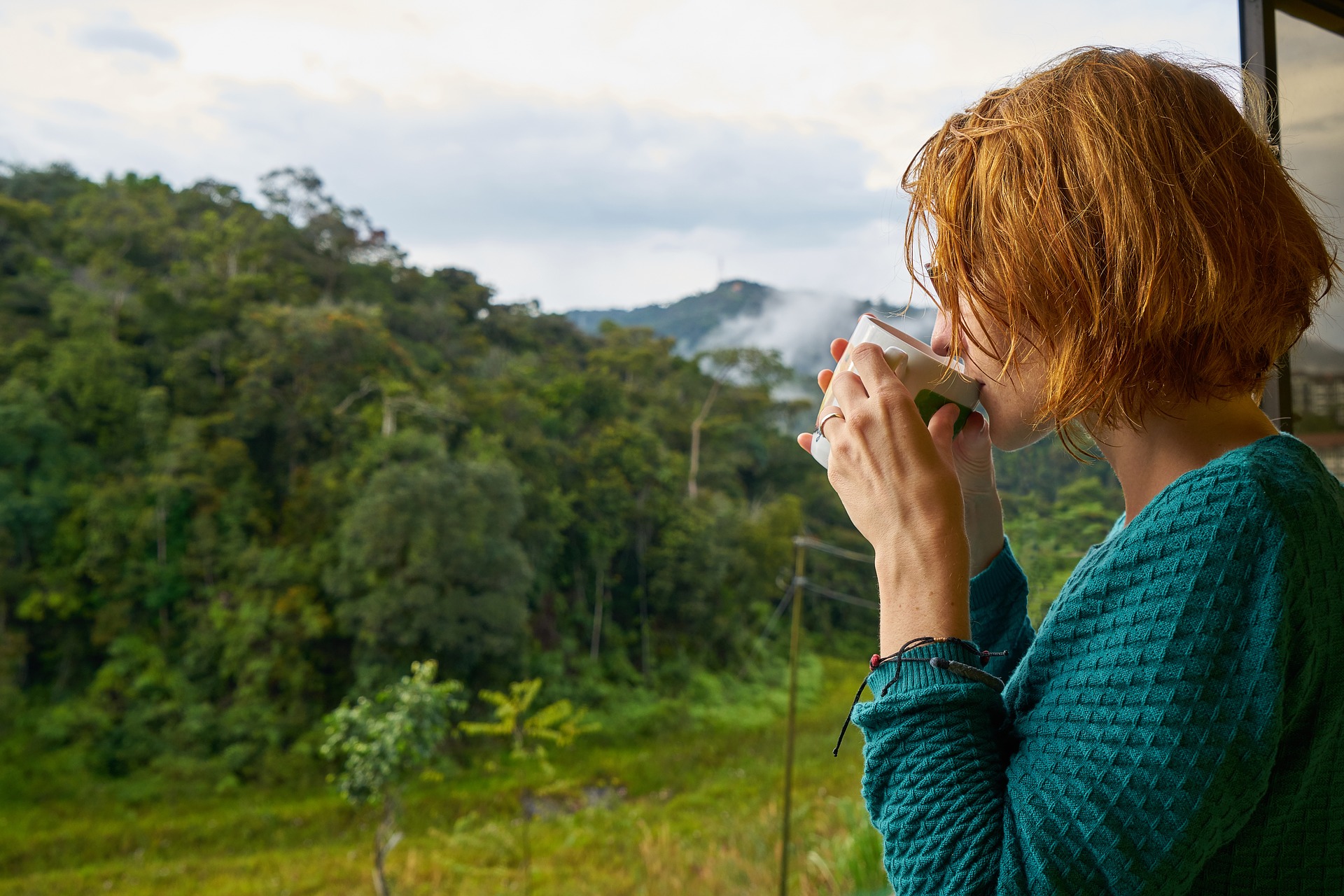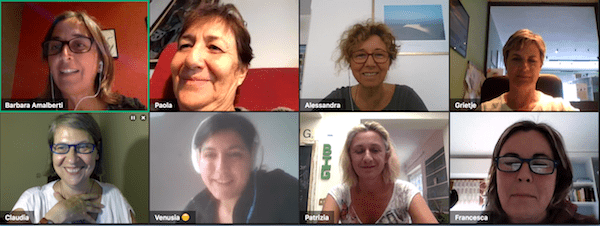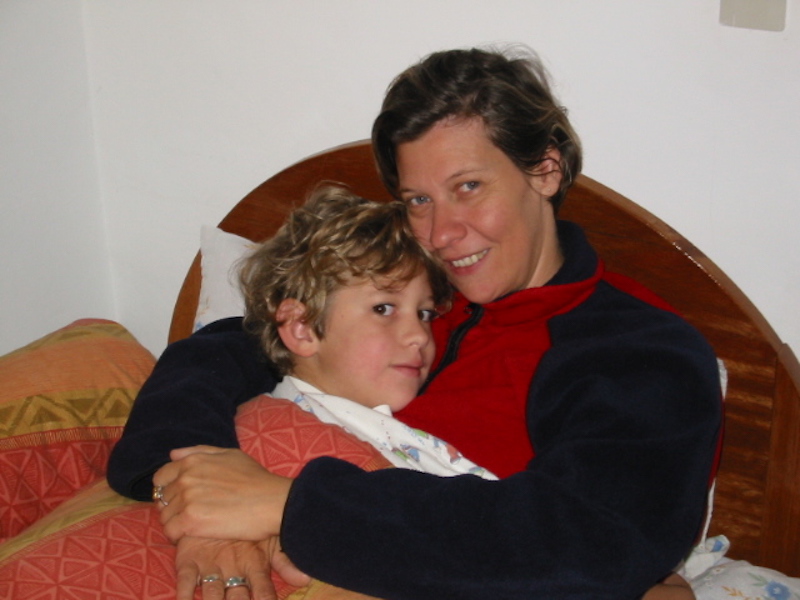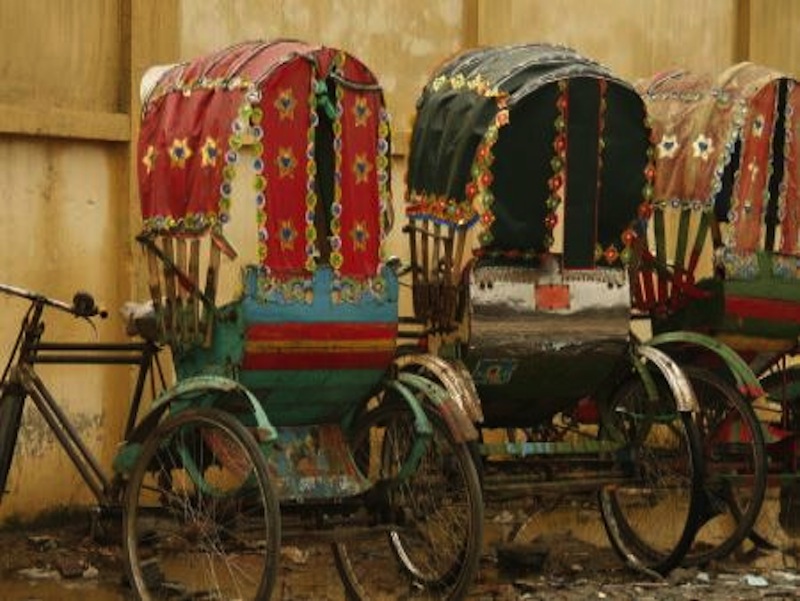
In the past few months we talked a lot about health and life abroad. We shared our experiences, feelings and opinions. Health abroad was also the subject of one of our online meetings. This is a summary of what we discussed.
How does it feel when you are sick abroad? What weighs on the decision of staying or going? How do you choose your doctor? How confident do you feel about the health care system of your host country?
We tried to give an answer to all of these questions. And there is no better place than the community of Expatclic. Here are some of the health (mis)adventures our heroines have been through:
- tetanus, amoeba, blood and ear infections, removal of vaginal polyp, all these in places where there were no hospitals;
- shoulder arthroscopy, cervical surgery, laparoscopy in different languages and medical cultures;
- all sorts of adventurous deliveries (luckily all ended well) abroad;
- false diagnosis (depression, cancer, epilepsy…)
- sicknesses related to the host country: Dengue fever, amoeba, typhoid fever, malaria, brucellosis;
- medical evacuations.
(data taken from our last survey on our Facebook group).
At our last support meeting we talked about health. We shared our experiences with the health systems we encountered in our mobile lives. From having to lay on a mattress on the floor while waiting for a doctor in Africa, to having to share a small room with eight other patients in Italy.
If we are in a place whose health system we don’t trust, we tend to feel vulnerable and to question our overall choice of moving abroad.
What interested us more, though, was to talk about how vulnerable we feel from a health point of view while living abroad. At the meeting most of us were all middle-aged women, we agreed that age and (for some) menopause change our condition. We become more anxious, and are no longer so inclined to take up risks for instance living in health dangerous zones.
When serious health conditions develop, being abroad can constitute a burden. If we are in a place whose health system we don’t trust, we tend to feel vulnerable and to question our overall choice of moving abroad.
Verbal and cultural communication can also be a hurdle. In some cases we don’t possess the linguistic dexterity we need to express our symptoms and anxieties. The way pain is expressed can also differ from one culture to another. All this can result in fear of not being properly understood and not being able to convey a realistic picture of our symptoms.

The participants to our online support meeting on health
Some of the participants agreed that they did not necessarily needed to be treated by a doctor coming from the same culture. In fact some of them felt better cared when they were miles away from home. The empathetic skills of the medical team made the difference, helping them to feel well looked after and cared for.
It is certainly true that when we are unwell we need to feel surrounded by what is familiar, and having strong networks around us makes us feel supported and protected. We can become overwhelmed by emotions, and begin to regret our choices of moving to a specific country. We might start to consider the option of repatriating to take care of our health. For example when the health system of our country does not guarantee proper treatment, and we can’t afford to cover the expensive process of being medically evacuated.
The possibility of urgent medical evacuation becomes real when living in countries with higher risks for the health
We reflected on the importance of a good health insurance. This topic that was also discussed extensively on our Facebook group, where we compared the different health national systems and procedures according to your field of work. Apparently in the private sector it is normal that the enterprise that sends you abroad pays for an insurance that covers the whole family. This does not seem to be the case in the development/ngos world, where many accompanying spouses declared they have to pay the insurance for themselves.
A case that stirred quite a lot of indignation is that in Switzerland, despite being heavily taxed, you are obliged to stipulate a private health insurance for all family members at your cost. The possibility of urgent medical evacuation becomes real when living in countries with higher risks for the health. In this case it becomes mandatory to be covered by a good health insurance. And from a psychological point of view, knowing that an insurance will address parts of your issues can make the difference between a good and a bad relationship with your host country.
Claudiaexpat and Barbaraexpat
March 2018




